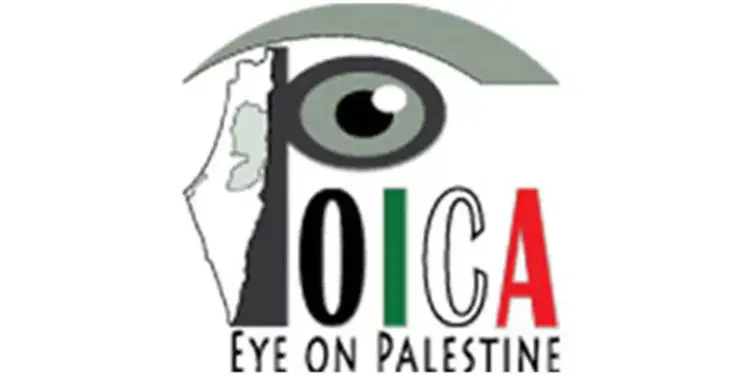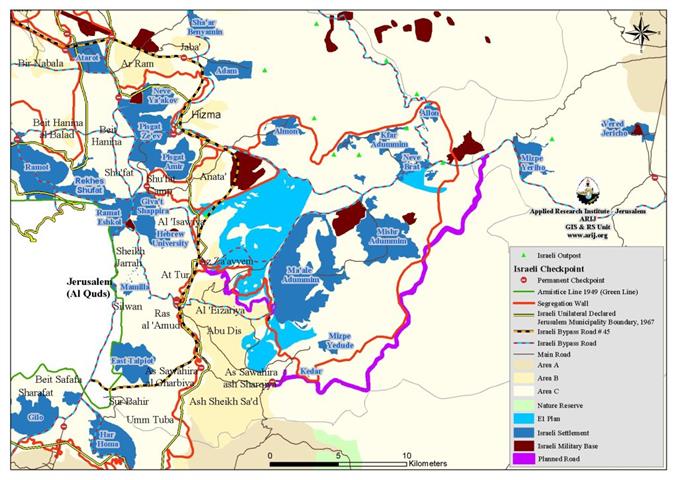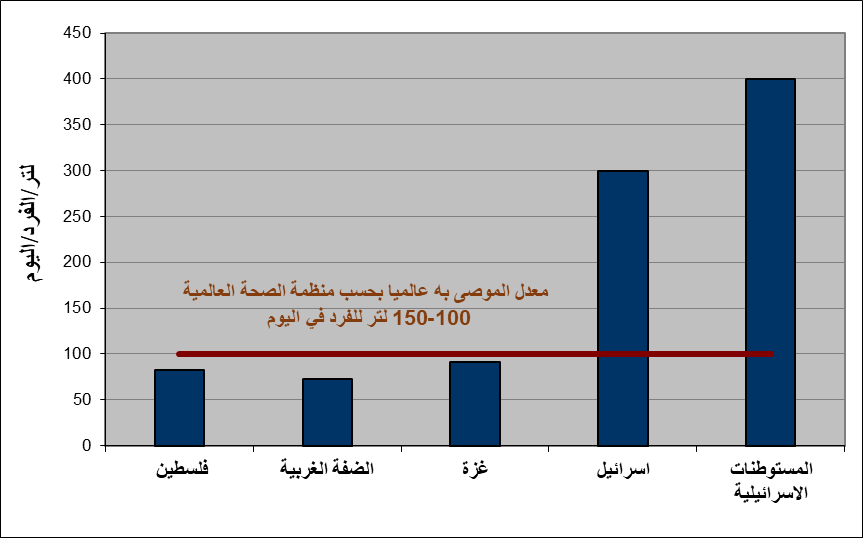During the preparation for the Annapolis international peace summit, the representative of the government of the State of Israel, the Prime Minister Ehud Olmert insisted upon the recognition of Israel as a Jewish state. That demand has caused keen reactions since such an assertion would have major consequences for both, the Israeli and the Palestinian people.
Challenging the Israeli Democracy
Israel proclaims that it is a liberal democracy. A liberal democracy is a representative democracy in which the ability of the elected representatives to exercise decision-making power is subject to the rule of law, and usually moderated by a constitution that emphasizes the protection of the rights and freedoms of individuals. However, David Ben-Gurion made the strategic decision during the early years of the state to postpone the writing of a constitution until a more appropriate time. Up to date, the state of Israel does not yet have a Constitution. The main reason for that is the difficulty to balance democracy and Jewish identity in Israel.
Connecting national identity to a religious identity would be a real challenge for the Israeli democracy. Indeed, needless to say that the Israeli population does not consist only of Jews. Out of a total population of 7,116,700 (according to the 2006 Israeli census) the Jews represent 75.7%, while 20% are Arabs and 4.3% others. The Arab Israeli population is mainly Muslim, and Christian and Druze. Declaring Israel as a Jewish state would neutralize almost one quarter of the Israeli population, who is not Jewish. In case of a declared Jewish state, will it be possible for this population to be represented? Will their rights as Israeli citizens be protected? The risk is to create a 'two-speed state' with some specific rights for the Jews and less consideration for the others.
A dual source of authority – State law and Torah law – is problematic even among Jews themselves. Countless issues central to the functioning of Israeli society are inseparably tied to Jewish tradition. However, among Jewish people, there are as many opinions and perspectives on these topics as there are denominations of Judaism itself. It is not clear which Jewish interpretation would be represented by a Jewish State. Furthermore, it is important to notice that all Jews are not religious. Out of 5,393,400 Jews in Israel, 44% are secular and among those secular Jews, only 20% declare to religious. Thus, a simple addition of the number of religious Jews with the number of secular Jews who are not religious shows that only 3,505,710 Israeli citizens would be effectively represented in a Jewish state that is 49.2% of the total population…
Beyond this crucial question of representation, declaring Israel as Jewish state would challenge the Israel's declaration of independence, which provides for protection of freedom of religion. Such an assertion might enhance violations of this freedom of religion. Religious considerations might lead to severe limitations that are particularly serious for Israelis wishing to live a secular lifestyle. This kind of restrictions is already happening. The Association for Civil Rights in Israel indexed several violations. For example, a Jerusalem family of limited means complained that they could not enjoy municipal subsidies for summer camp since these were offered exclusively to ultra-orthodox children. The Supreme Court of Israel ordered the Municipality of Jerusalem to establish objective and non-discriminatory criteria for subsidizing summer camp. Another relevant example occurred in Netanya (an Israeli city, north of the state). The Municipality prosecuted a shop for selling non-kosher meat. The Supreme Court invalided the local by-law since it restricted the freedom of religion of residents of the city who chose not to observe religious dietary laws, and infringed the freedom of livelihood of the shopkeeper. Would this regulation have been effective in a declared Jewish state? Such a declaration might increase the number of incidents and might decrease the protection for people who does not follow Jewish traditions. The civilian life inside the State of Israel might become hardly conflicting.
Challenging the Peace
The recognition of Israel as a Jewish state would have possible internal effects but also major consequences for the area. Negotiations for peace should include core issues, which are the return of the refugees, the delineation of the borders and the future of the holy city of Jerusalem. Ehud Olmert required the recognition of Israel as a Jewish state as a precondition for the start of negotiations. This would be an indirect way to avoid the question of the return of the Palestinian refugees. Indeed, saying that Israel is a state for the Jewish people possibly means that Israel is not a state for the people who are not Jewish. Consequently, it is out of question to think about the return of the Palestinian refugees. This simple assertion would suddenly solve without negotiation in the advantage of Israel a crucial point for the Palestinian side.
In addition to this, it is important to question in which borders the Palestinian are supposed to recognize Israel as a Jewish state. Indeed, there is no consensus between Israelis and Palestinians on this issue. According to the Hebrew Bible, the Land of Israel includes the West Bank (Judea and Samaria) and the Gaza Strip. Are those territories supposed to be recognized by the Palestinian as Jewish state?
Conclusion
It is unprecedented in modern history and throughout history, that religion identifies the nationality of a country’s citizenship. In fact, the notion of this concept represent a completely new dimension of apartheid and discrimination, even for Israel, who adopted such prejudiced laws in the road system that designate Israelis use to no other (the Palestinians), the land lease of state land, the building system in Israel and in occupied East Jerusalem in particular. Consequences of this simple assertion 'Israel is a Jewish state' are numerous. The connection of a national identity to a religious identity is possibly very problematic for internal Israeli civil life but also for the peace process.
:::::::::::::::_
[1] The descriptive term in Judaism for food and other objects that are clean according to its laws. These laws are contained in the Torah and forbid, for example, the eating of pork or shellfish, the mixing of dairy products and meat, and certain methods of slaughtering animals.
Prepared by
The Applied Reserach Institute – Jerusalem











